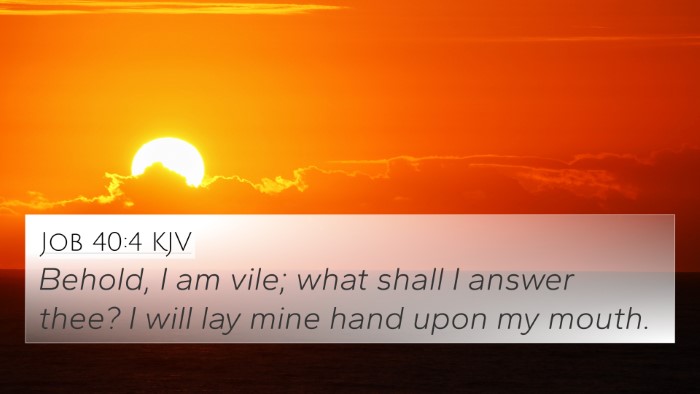Understanding Mark 14:31
Mark 14:31 states: "But Peter said emphatically, 'If I must die with you, I will not deny you.' And they all said the same." This verse reflects a pivotal moment in the Gospel of Mark, capturing Peter's bravado and the disciples' united front in the face of impending challenges. Below is a comprehensive analysis of its meanings based on public domain commentaries by Matthew Henry, Albert Barnes, and Adam Clarke.
Context and Overview
This verse occurs during the Last Supper, where Jesus predicts Peter's denial, highlighting the themes of loyalty, courage, and human frailty. The verses preceding this moment reveal Jesus' foreknowledge of the disciples' shortcomings, setting the stage for a stark contrast between divine prediction and human assertion.
Interpretation of Key Elements
-
Peter's Emphatic Declaration:
Peter’s statement reflects his deep commitment, yet also reveals his overconfidence. Matthew Henry notes that this fervor can lead to serious consequences if mistaken for true strength. Such declarations often arise in moments of confidence, but reveal a lack of understanding of one’s own limitations.
-
Unified Discipleship:
All the disciples echoed Peter's sentiment, emphasizing the communal spirit among them. Albert Barnes points out that this unity indicates their dedication but also foreshadows the impending abandonment at Jesus’ crucifixion. This illustrates a common theme in the Gospels about the struggle between intention and action.
-
Foreknowledge of Denial:
Jesus’s prediction serves as a reminder of his omniscience. Adam Clarke stresses that Jesus’ understanding of Peter's eventual denial doesn’t undermine Peter’s fervor. Instead, it highlights the tension between divine sovereignty and human choice, a central theme throughout the New Testament.
Bible Verse Cross-References
Several verses relate to Mark 14:31, showcasing the interconnectedness of scripture and rich thematic veins running through the Bible. Below are crucial cross-references:
- Matthew 26:33-35 - Jesus’ prediction of Peter’s denial.
- Luke 22:31-34 - Jesus tells Peter he has prayed for him.
- John 13:38 - Peter’s boast about laying down his life is echoed here.
- Isaiah 53:6 - All we like sheep have gone astray, illustrating the nature of humanity’s waywardness.
- 1 Corinthians 10:12 - A warning about pride before a fall.
- Romans 7:18-19 - Paul’s struggles with sin relate closely to the theme of human frailty.
- 1 Peter 5:8-9 - Encouragement for vigilance against spiritual trials.
- Galatians 2:11-14 - A reference to Peter’s inconsistent behavior, reinforcing the cyclical nature of human error.
- John 21:15-17 - Jesus’ restoration of Peter emphasizes God’s grace despite human failures.
- Hebrews 4:15 - A reminder of Christ's empathy towards our weaknesses.
Thematic Connections
This verse exemplifies the recurring motif of discipleship within the Gospels, portraying both the high aspirations and low tribulations of following Christ. These connections can be further explored using various tools for Bible cross-referencing, which can enhance one's study and understanding:
- Thematic Bible verse connections allow for deeper exploration of discipleship themes.
- Bible concordance can help identify related themes across different books.
- Bible cross-reference guide facilitates understanding relationships between New and Old Testament teachings.
- Cross-reference Bible study employs a systematic method of identifying parallels.
- Using a Bible cross-reference system provides structure to inter-Biblical dialogues.
Conclusion
Mark 14:31 serves as a rich text for understanding the complexity of human emotion in the face of faith and the call to discipleship. By engaging with cross-references and thematic elements, one can appreciate the rich dialogue occurring throughout the Bible, affirming its unity and coherence. For those studying this verse, the connections drawn to related scripture deepen the appreciation and understanding of biblical themes and narratives.













